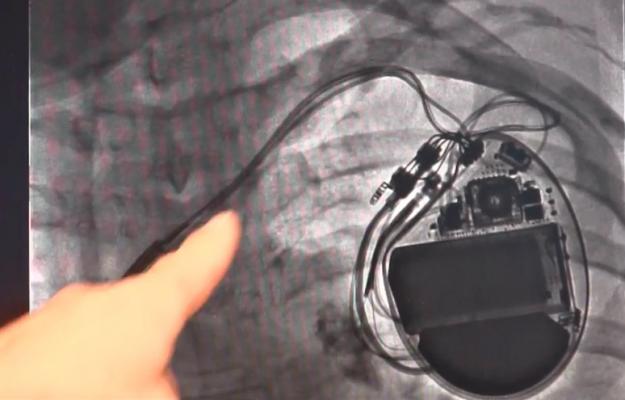
April 13, 2018 — Medical advice about implanted cardiac defibrillators obtained via an online message board appears to be accurate only half of the time, according to new preliminary research. The research was presented at the American Heart Association’s (AHA) Quality of Care and Outcomes Research Scientific Sessions 2018, April 6-7 in Arlington, Va.
The study was based on analysis of two years of messages on an anonymous online board about implanted cardiac defibrillators (ICDs). Results showed that about 25 percent of the messages contained inappropriate advice, and 6 percent of advice shared was controversial. Researchers analyzed 127 discussions, 82 of which pertained to medical advice in several topical areas, including cardiovascular disease, device programming and maintenance, physical activity restrictions and management of other health conditions.
The research team said the findings underscore the need to ensure that clinicians follow up with patients about their information sources to ensure they are receiving accurate advice outside of the doctor’s offices. Ensuring appropriate advice is particularly important when it comes to complex decisions about advanced procedures, tests and interventions such as the decision to have an ICD, the study authors added.
“The internet is a critical piece of the vast network of information available to patients, as Americans use the internet to understand their health all the time,” said Christopher Knoepke, Ph.D., study lead investigator and an instructor of cardiology at the University of Colorado Denver. “Our findings indicate that patients should be advised that discussions on these online message boards can provide some good, basic information, but more complicated and in-depth advice may be problematic.”
ICDs are miniature devices surgically implanted in the heart to fire off electric shocks that interrupt potentially lethal arrhythmias and restore normal heart rhythm. Between 1 and 2 million people live with ICDs in the United States, the study authors said, and some 130,000 new devices are implanted in patients each year.
Given how common patient use of online medical information is, clinicians must be aware of the potential their patients will be exposed to inaccurate or dangerous information, the research team said.
“Clinicians should caution patients it’s impossible for anyone not familiar with his or her case and full medical history to help put information into context for their individual patient needs,” Knoepke said.
Co-authors are Daniel Slack, Daniel Matlock and Lucas Marzec. Author disclosures are on the abstract.
For more information: www.heart.org


 January 05, 2026
January 05, 2026 









